Community: The Secret to Stopping Deforestation in Guatemala
The forest concessions of the Maya Biosphere Reserve have boasted a near-zero deforestation rate for 20 years.... Continue Reading
Home / Regions / Mesoamerica / Page 2
A full third of Mesoamerica is covered in lush forest, which serves as home to scores of Indigenous and local communities, iconic wildlife, archeological wonders, and abundant biodiversity. While agriculture is the backbone of the region’s economy, it also drives deforestation and climate change.
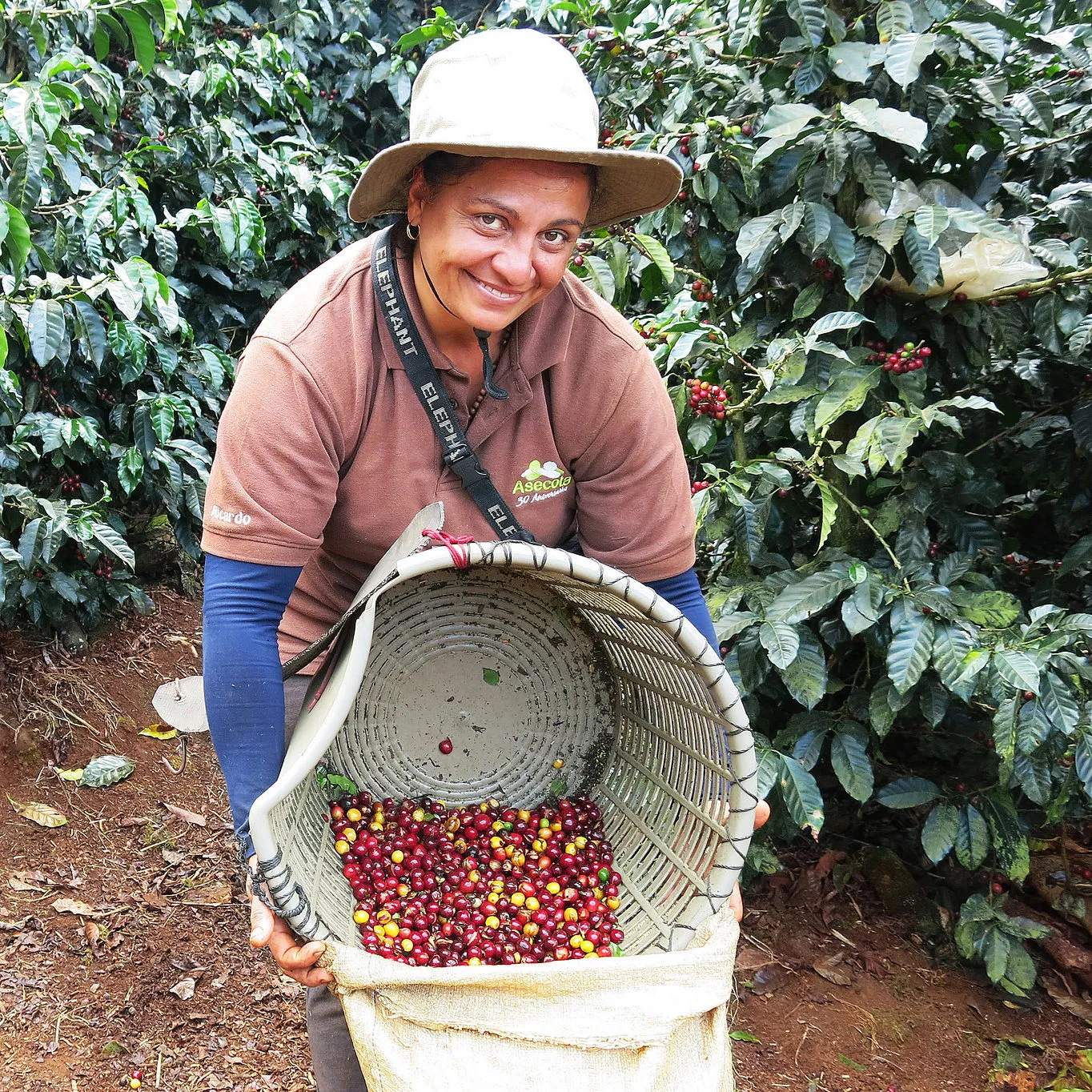
Prolonged droughts and frequent hurricanes are making it harder for farmers in Mesoamerica to make a living. A lack of access to international buyers and government support compounds the problem, leading some farmers to cut down forests for more cropland, while others migrate elsewhere in search of better opportunities.
Our community forestry work in the Selva Maya is recognized around the world as a stunning success for people and nature. We also work with certified farmers on producing crops like coffee, cocoa, and fruits sustainably.
Through our certification program, we work to improve the sustainability of 61,443 smallholder farmers, 233 farm groups, and almost 3,000 large farms across 700,000 thousand hectares. Almost half a million workers benefit from these efforts.
Data through 2023.
We worked with community forestry businesses to improve their conservation practices while achieving US$53 million in sales of forest products from 2013 to 2023. As a result, the communities conserved one million hectares of forest.
We always start by listening. We work with farmers and forest communities to develop solutions to their specific challenges—which range from a lack of investment and business skills to poor soils and droughts. Our agricultural certification program supports farmers and workers, while our forest work helps both forests and communities thrive.
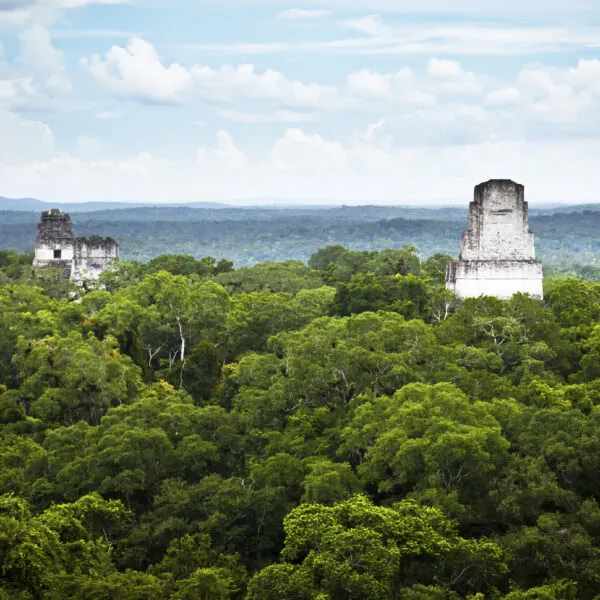
The forest concessions of the Maya Biosphere Reserve have boasted a near-zero deforestation rate for 20 years.... Continue Reading
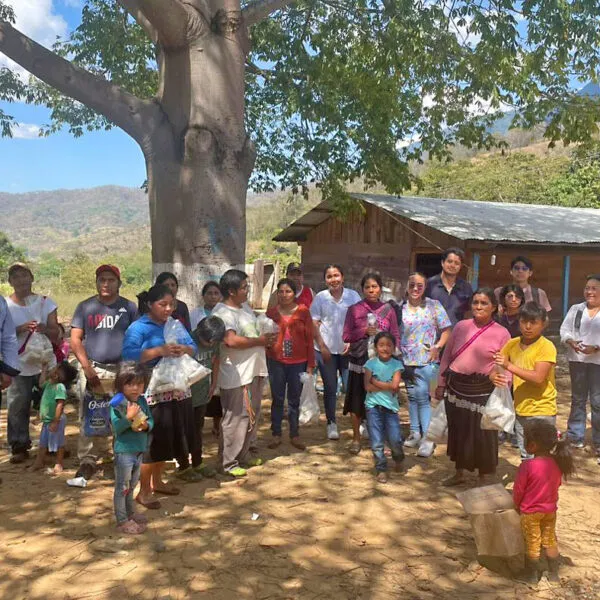
We worked with eight indigenous coffee-farming communities in Chiapas to build skills in fire prevention, business skills, and health and nutrition. ... Continue Reading
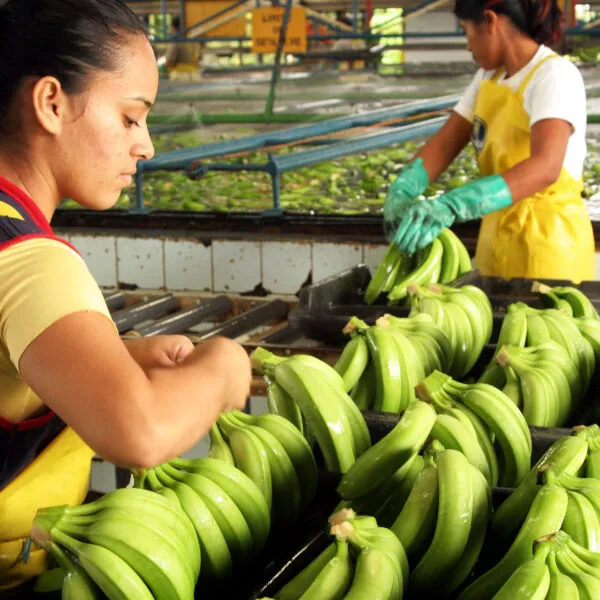
Rich biodiversity? Check. Well-treated workers? Check. Prepared for climate events? Check. Costa Rica's banana industry has a long history of worker abuse and environmental destruction—but these certified farms are proving there's a better way.... Continue Reading
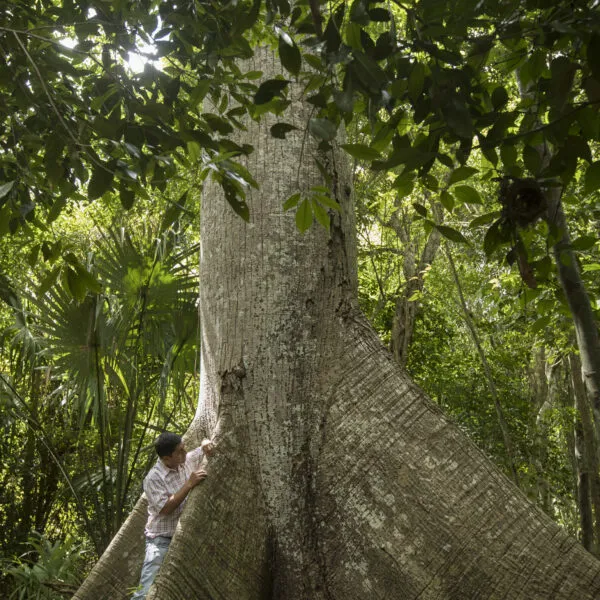
We are working to grow Mexico’s domestic market for sustainably produced products.... Continue Reading
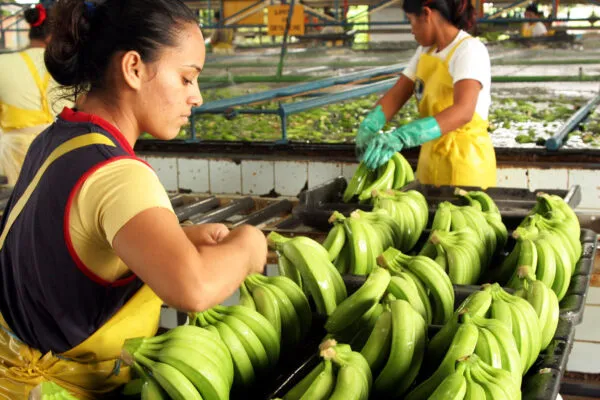
Rich biodiversity? Check. Well-treated workers? Check. Prepared for climate events? Check. Costa Rica's banana industry has a long history of worker abuse and environmental destruction—but these certified farms are proving there's a better way.... Continue Reading

The Rainforest Alliance’s Mexico team speaks about how smallholder avocado farmers deliver Mexico’s green gold with data, transparency and collaboration through the 1000 Landscapes for 1 Billion People (1000L) initiative and LandScale.

Sustainable management is a critical tool for protecting global forests and improving local livelihoods. However, in many rural communities, such as those in Calakmul, Mexico, a dearth of employment opportunities often leads youth to seek work in other areas. Such out-migration leaves rural regions without the leadership, innovation, education, and ambition of their best and […]

The Rainforest Alliance has a long history working alongside Indigenous Peoples, partnering with Indigenous organizations and communities in some of the world’s most ecologically and culturally significant landscapes, including the Amazon basin. Our teams of field professionals have built enduring relationships and co-design sustainable development programs that center Indigenous Peoples as the foremost guardians of […]
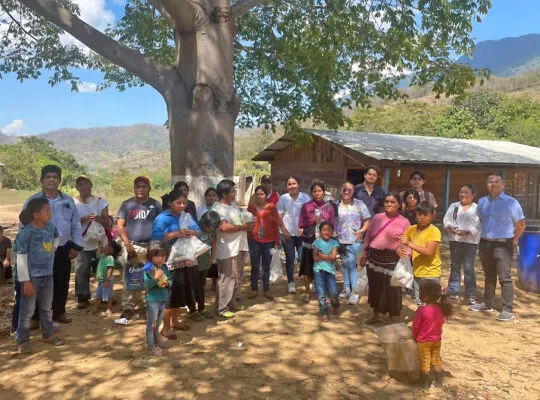
We worked with eight indigenous coffee-farming communities in Chiapas to build skills in fire prevention, business skills, and health and nutrition. ... Continue Reading
"*" indicates required fields
Thank you for your interest in partnering with the Rainforest Alliance! We collaborate with brands, businesses, and creators committed to sustainability, helping them drive impact while strengthening their brand.
Fill out the form below to explore cause marketing partnership opportunities. The more details you provide, the better we can align on a collaboration that helps create meaningful change.
Let’s make a difference for people and nature together!
"*" indicates required fields
"*" indicates required fields
"*" indicates required fields
Notifications